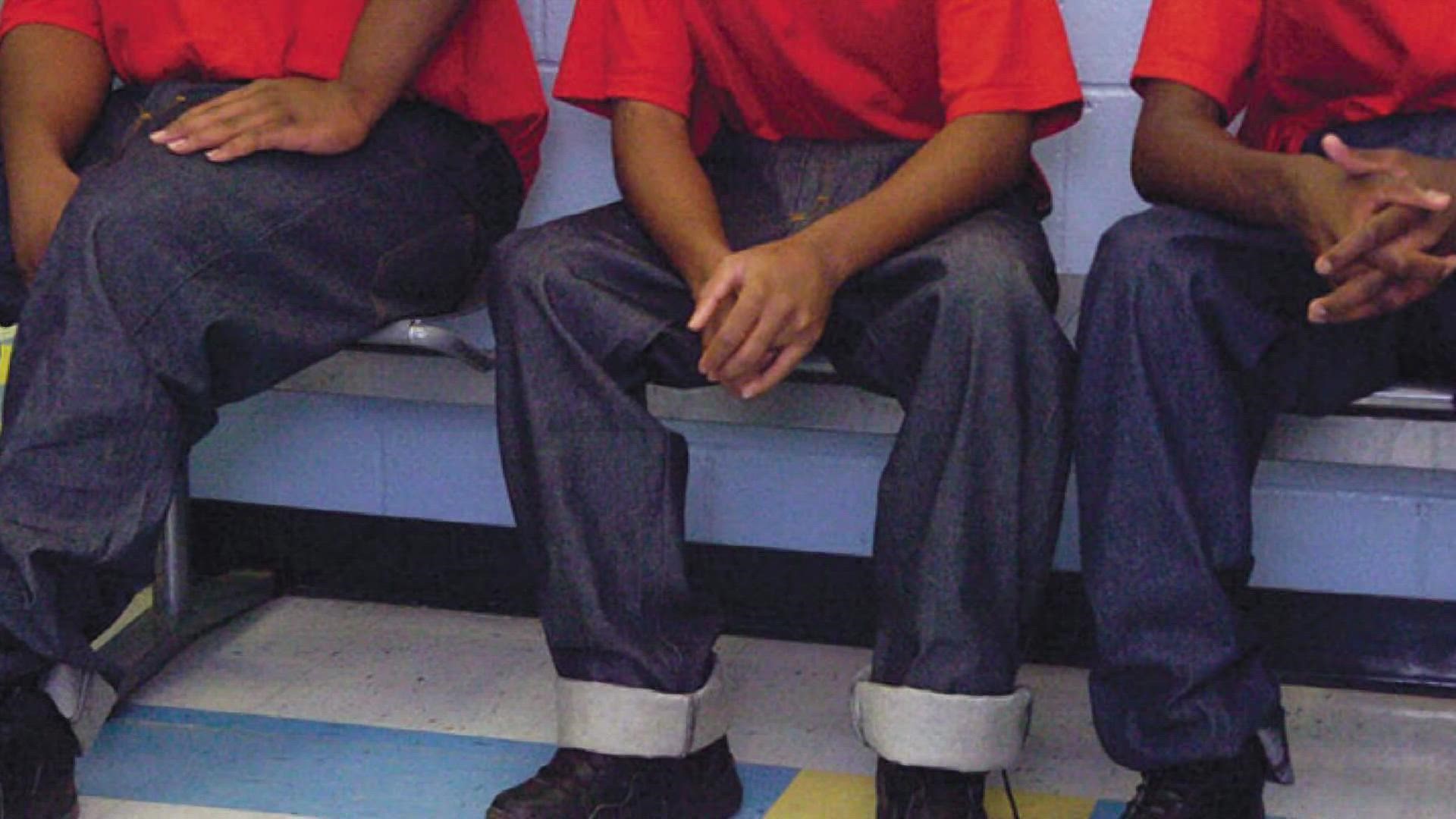NEW ORLEANS — It's been a question on so many people's minds. Why is youth violence surging, and what can be done about it?
And as the juvenile court system continues to push for funding for its programs, a local hospital will now add its own program to help young offenders change paths.
Nearly 70 percent of offenders can't read, but now doctors say there is another issue that is common among them.
And local doctors are taking action in hopes of changing future criminal paths.
“There is no capacity in non-secure or secure placement. So, these programs that are run through the court, and come through the court, become very important,” Orleans Parish Juvenile Judge Candice Bates-Anderson to the City Council at budget hearings on Wednesday.
With the state's juvenile lockups at full capacity, this week in city budget talks, Orleans Parish Juvenile Court judges told city leaders about funding programs that provide alternatives to detention.
“And that program through GROWW, we have a 98 percent rate of young women who do not re-offend while in the program,” Bates-Anderson said about one of the several programs.
And now there is more help for troubled youths. The Trauma and Grief Center at Children's Hospital was awarded new funding that brings the counseling from the hospital, to inside the Juvenile Justice Intervention Center. It's aimed at helping troubled youths in a different way.
“Some of our studies have shown that just by focusing on grief in these settings, can significantly reduce violent behavior,” explained Dr. Julie Kaplow, Executive Director of the Trauma and Grief (TAG) Center at Children’s Hospital.
Dr. Kaplow says more than three-quarters of the youths have lost two or more loved ones to violence, before the age of five. And in many cases, they saw it happen.
“And for many of these youth, this is the very first time they're actually talking about this,” she said.
She says along with acting out with violence, they can feel hopeless about the future without those loved ones, so get involved in more risk-taking behavior, and don't care if they live or die.
“Many times when kids are engaging in violent behavior, it is because they are either wanting to get revenge on other people who have harmed their loved ones and sometimes it's because that's the only way they feel connected to the person who died.”
There have already been three group therapy sessions, and she is seeing the beginnings of change.
“We have definitely noticed a bonding that takes place when kids start to talk about their losses,” noted Dr. Kaplow.
The Trauma and Grief Center at Children's Hospital also treats anyone from birth to 21 years old at the hospital.
Dr. Kaplow says it's especially important with the holidays coming, to let children talk and ask questions if they are sad from loss, but if they can't eat, or sleep, and are engaging in risky or harmful behavior, talk to a professional.
► Get breaking news from your neighborhood delivered directly to you by downloading the new FREE WWL-TV News app now in the IOS App Store or Google Play.

